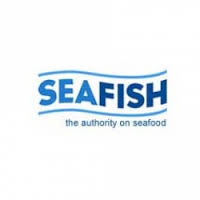Fuel cost threat to fishing profits – survey

THE UK fishing fleet earned a record £950 million last year as the volume of landings rose by 10,000 tonnes.
However, the figures, compiled by Seafish, also show that higher fuel costs are starting to eat into operating profits.
Seafish’s preliminary estimates reveal that skippers and vessel owners are reporting that spending on fuel is now taking up 12 per cent of total income, two per cent higher than the previous year.
Despite this, the UK fleet saw an increase in the number of active fishing vessels.
And early estimates are pointing to a positive year for the UK fishing industry in 2017, with the average price per tonne the same as 2016, which was one of the highest on record. As a result, operating profits last year declined by six per cent.
The annual value of landings, both nominal and adjusted for inflation, was the highest recorded in the past 12 years.
Volume increased by 10,000 tonnes, reaching 710,000 tonnes. The average price per tonne landed was £1,338, the same as in 2016.
Seafish senior economist Arina Motova said: ‘For the second year running the UK fleet has recorded extremely strong figures – 2016 was a record year for the fleet, boosted by low fuel prices and showed the best economic performance in recent decade.
‘While we have seen the price of marine fuel increase by 22 per cent and estimated subsequent increase of fuel costs last year, the results for 2017 are still positive.
‘The last few years of strong economic performance put the fleet in the best possible position to respond to the upcoming challenges of full implementation of the EU landing obligation in 2019.’

